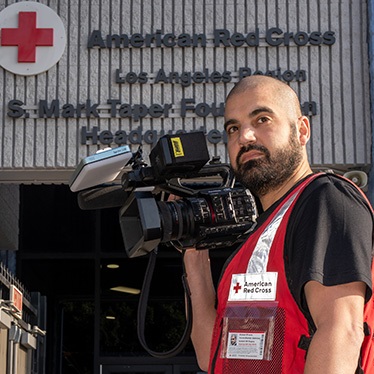Gadarian Discusses the Role of Loneliness in Extremism and Politics in Newsweek Article
May 18, 2023
Newsweek
According to a 2021 study by the RAND Corporation of former political extremists, half of the people surveyed said feelings of marginalization drove them toward radicalization, with most citing feelings of isolation and loneliness. More than half said mental health issues played a role in their radicalization, and nearly 80 percent said they were recruited into extremist groups.
Mass shooters have shared feelings of loneliness online, saying such emotions prompted their turns to radical online communities and extreme political beliefs.
"People are looking for that kind of connection, and if they can find it with a group that they don't know online, they don't necessarily see the bad parts of what's happening," says Shana Gadarian, professor and chair of political science and Merle Goldberg Fabian Professor of Excellence in Citizenship and Critical Thinking. "If they're being told they're special and smart and they're not getting that in their real life, you can imagine how that feeds on itself. Then with the technological part of it where extreme voices get more airtime on the internet, you can see how people get radicalized."
"Face-to-face interactions both reinforce norms of civil and political behavior, and they make it much harder to demonize people that you disagree with," Gadarian says.
Read more in the Newsweek article, "American Democracy Faces a Worsening Threat—Loneliness, Chris Murphy Warns."
Related News
Commentary

Mar 13, 2025
School News

Mar 12, 2025
Commentary

Mar 11, 2025

